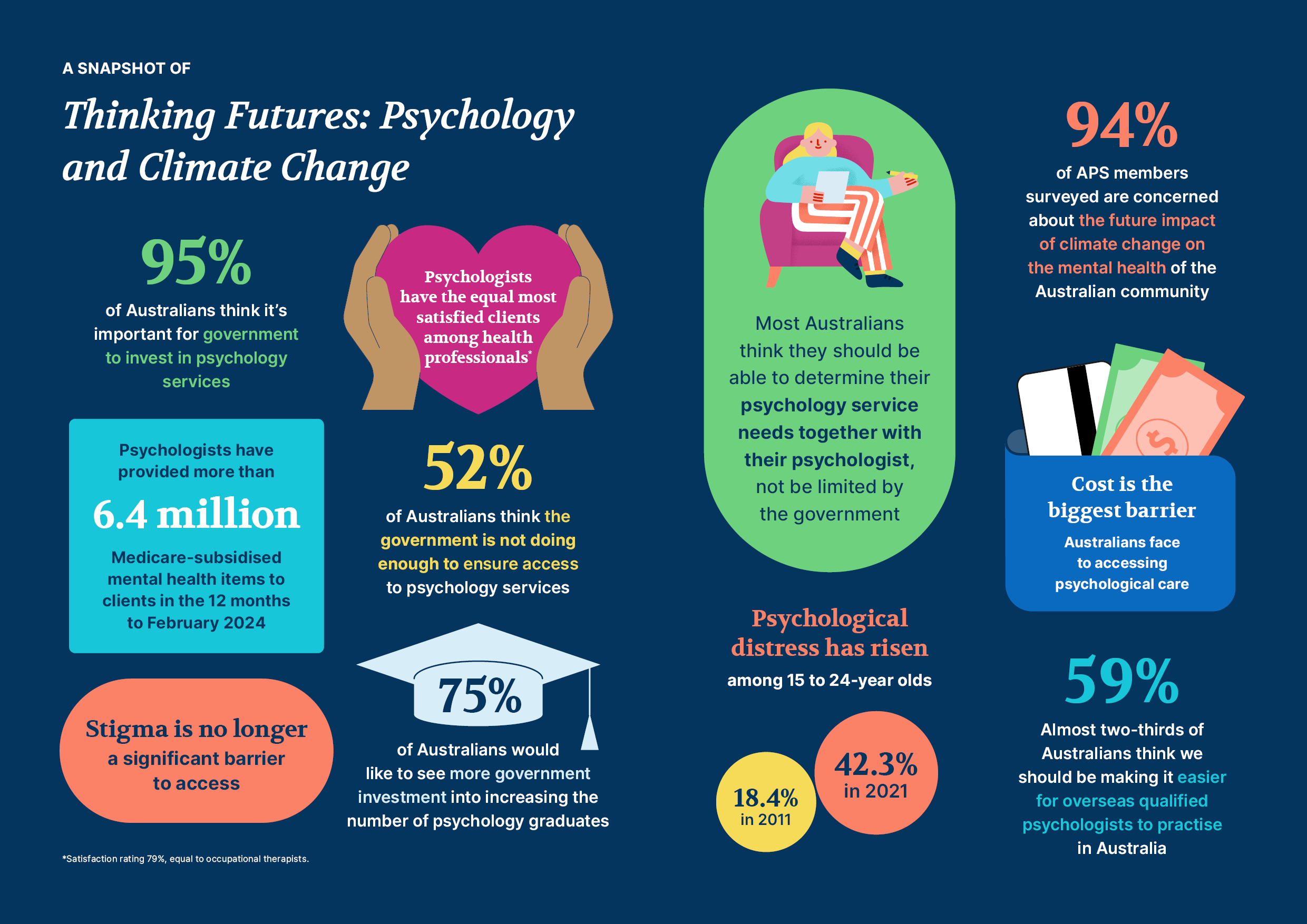Engineers Australia
While the 2022-23 budget puts engineers at the forefront in delivering Australia’s economic recovery, building resilient communities; and responding to global instability, it has missed the mark on engineering skills and climate change.
Hits:
The government has delivered on several of Engineers Australia’s key recommendations such as:
- Use infrastructure investment to power economic recovery. This budget includes $17.9 billion in additional funding, bringing the total infrastructure pipeline to $120 billion over ten years
- Build sovereign capability by investing in advanced manufacturing and reform procurement processes to involve more small-to-medium sized Australian businesses. A defence capability plan has been announced worth more than $270 billion over a decade supporting a growing workforce and procurement reform has been delivered.
- Support the commercialisation of engineering innovation by empowering engineers to innovate and keep Australians at the cutting edge of technology. The government has announced $2.2 billion to support commercialisation and reformed employee shareholder schemes in line with other world-leading start-up ecosystems.
Misses:
Despite encouraging levels of investment and select reforms to encourage innovation, there remains a serious lack of focus on several critical areas both for the engineering profession and Australia:
- Engaging with the skills gap at the tertiary level. Government initiatives in this space such as the $12 billion for a National Skills Agreement to support vocational education and training misses the fact that many projects requiring apprentices and ‘tradies’ require engineers for projects to be greenlighted.
- Defence and infrastructure spending must continue to put Australian businesses at the centre of delivering on these projects to enhance our sovereign capability and allow for local industry and skills to develop.
- Action on climate change remained negligible with no structural reform or major new investment to support Australia meeting our 2050 net-zero commitment.
/Public Release.







